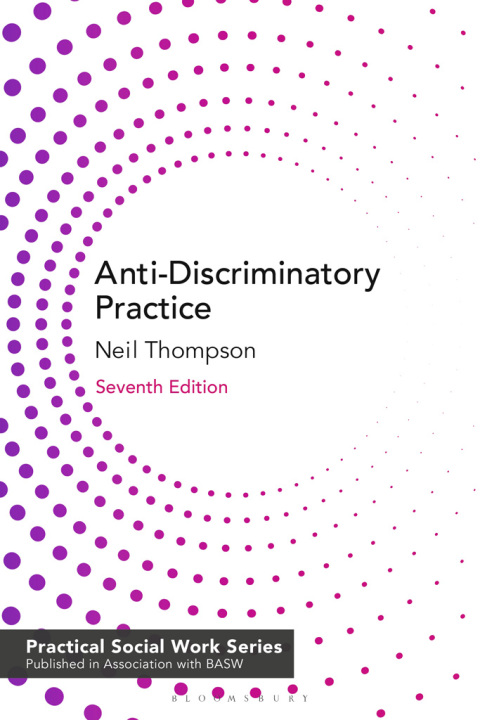Description
Efnisyfirlit
- Cover Page
- Half Title page
- Title Page
- Copyright Page
- Contents
- Tables
- Contributors
- Foreword
- Introduction
- 1 NPM and educational reform inEurope
- Introduction
- New Public Management
- NPM and education
- Part I The liberal state
- 2 England Permanent instability in the European educational NPM‘laboratory’
- Introduction
- NPM in education in England
- The foundation stage of educational reform1979–1997
- The reinforcing stage of educational reform1997–2010
- The rapid privatising stage of educational reform2010–2015
- Discussion
- Conclusion
- Notes
- Part II The social democratic state
- 3 Finland NPM resistance or towards European neo-welfarism ineducation?
- Introduction
- New Public Management in education in Finland
- Finland and other Nordic countries
- Principals
- Four governancephases/positions in Finnish education
- Position 1: Centralised curriculum and teacher basedevaluation
- Position 2: Decentralised curriculum work and enhancedprofessionalism
- Position 3: Finland adopting a NPM light governancemodel
- Position 4: Towards increasing transnational policy baseddialogical evaluation for pedagogical development
- A note on historical legacy
- Conclusion
- 4 Governing by new performanceexpectations in Norwegian schools
- Introduction
- NPM reform in the Norwegian education system
- Methodology and data sources
- Findings
- Procedures, tools and processes highlighted in key policydocuments
- Enactment of policy at the municipal level
- Responses to policy at the school level
- Discussion
- Conclusion
- Notes
- 5 Reforming Swedish educationthrough New Public Management and quasi-markets
- Introduction
- ‘Modernization’ of the social democraticwelfare-state (1950s–1990)
- The politics of change in the 1990s
- Context
- Processes: decentralization, creation of semi-autonomouslocal actors
- Principals become managers
- School choice andprivatization
- Consequences
- The 2000s and 2010s: Accelerating privatization and new forms ofstate governing
- Context
- Processes: marketmanagement
- Managing by performance and quality control
- School managers
- Consequences
- Sweden in an international context – policy learning andpolicy convergence
- The OECD and the EU
- Some concluding notes: NPM challenged?
- Notes
- Part III The administrative state
- 6 New Public Management in theFrench educational system Between affirmation of the state and decentralisedgovernance
- Introduction
- Legacies, narratives and policies of modernization
- The decentralisation and the autonomy of schools
- The Development of Assessment
- Beyond legacies and reformism: the paradoxes of French New PublicManagement in education
- Assessment dealing with a bureaucratic logic
- A limiteddecentralization in terms of transfer ofresponsibilities
- The retention of acultural tradition despite a basic skills policy
- School choice without the development of the market
- The failures of theconservative reformism of the Left
- Conclusion
- 7 NPM and the Reculturing ofthe Italian Education System The making of new fields of visibility
- Introduction
- NPM in education in Italy
- Modernising educational governance through a disaggregationstrategy
- Towards governing bystandards in education
- Restructuring and subjectifying educational professions
- The hybrid head teacher
- Fewer teachers and making them confess
- Conclusion
- 8 The dissemination andadoption of NPM ideas in Catalan education A cultural political economy approach
- Introduction
- NPM in the Spanish context
- NPM in the educationsector
- The cultural politicaleconomy of education reform
- The adoption of NPM in Catalan education
- Variation: fromrejecting to opening the doors to NPM
- Selection: Perceiving NPM as a suitable policysolution
- Retention (i): Stakeholders’ position and theaccommodationist effect of ‘school autonomy’
- Retention (ii): The uneven deployment of the NPMreform
- Conclusions
- Notes
- Part IV The post-communist state
- 9 New Public Management inCzech education From the side road to the highway?
- Introduction
- New Public Management in the Czech Republic
- Core reform changes from the NPM perspective
- Decentralisation and its consequences
- Curriculum reform and national student assessment
- Professionalism – free to manage?
- NPM in educational ideas, policies and practices
- Conclusions
- 10 Elements of New PublicManagement in the context of the Hungarian education system,1990–2010
- Introduction
- The Hungarian education system and NPM
- Two decades of the Hungarianeducation system
- The first decade: 1990–2002
- The second decade: 2002–2010
- A new era (2010–): recentralisation
- Summary
- Notes
- 11 New Head teacher rolesfollowing the decentralization of Romanian education
- Introduction
- NPM reforms in Romanian education
- The effects of school based management on head teachers inRomania
- First vignette: Schoolboards and the appointment of head teachers in practice
- Second Vignette: the Communist legacies: head teachers andpoliticization
- General context of NPMreforms in post-Communist Romania
- Political transition can be achieved in approximately 5years
- Economic transition can reach its aims in about 10years
- Cultural transition is the most complex of the three and cantake up to 25 years to be completed
- The reasons for the introduction of NPM reforms in Romanianeducation
- Conclusion
- Conclusion
- 12 NPM and the dynamics ofeducation policy and practice in Europe
- Introduction
- New Public Management ineducation in Europe
- The state we are in
- Implications for research and practice
- References
- Index





